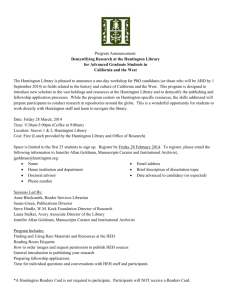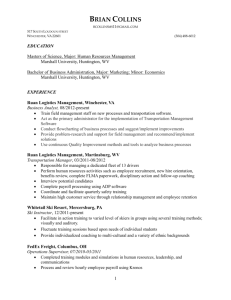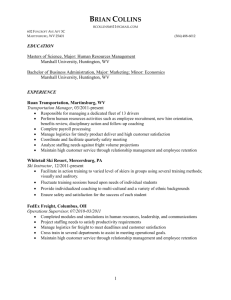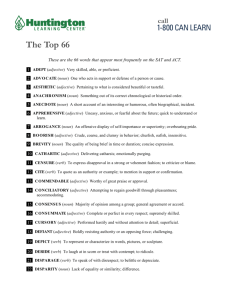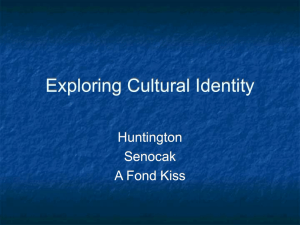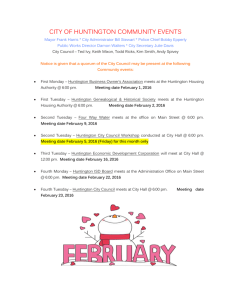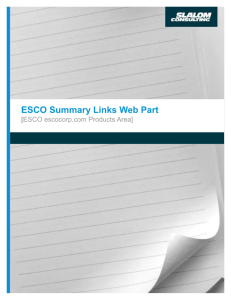Huntington Art Gallery Teacher Letter and Vocabulary List
advertisement
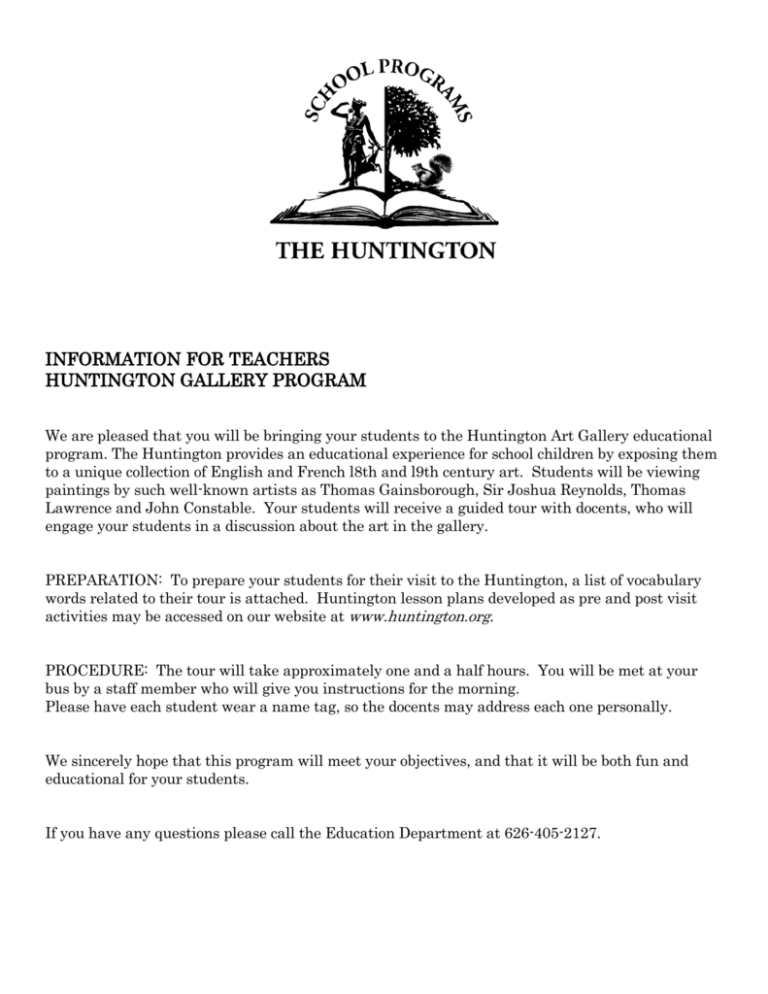
INFORMATION FOR TEACHERS HUNTINGTON GALLERY PROGRAM We are pleased that you will be bringing your students to the Huntington Art Gallery educational program. The Huntington provides an educational experience for school children by exposing them to a unique collection of English and French l8th and l9th century art. Students will be viewing paintings by such well-known artists as Thomas Gainsborough, Sir Joshua Reynolds, Thomas Lawrence and John Constable. Your students will receive a guided tour with docents, who will engage your students in a discussion about the art in the gallery. PREPARATION: To prepare your students for their visit to the Huntington, a list of vocabulary words related to their tour is attached. Huntington lesson plans developed as pre and post visit activities may be accessed on our website at www.huntington.org. PROCEDURE: The tour will take approximately one and a half hours. You will be met at your bus by a staff member who will give you instructions for the morning. Please have each student wear a name tag, so the docents may address each one personally. We sincerely hope that this program will meet your objectives, and that it will be both fun and educational for your students. If you have any questions please call the Education Department at 626-405-2127. HUNTINGTON GALLERY VOCABULARY LIST background the part of the picture that seems to be farthest from the viewer canvas a piece of cloth prepared as a surface to receive oil paint cartoon a design used as a pattern for tapestry color a visual element that refers to what the eyes see when light is reflected off an object commission the hiring of one or more artists to create a work of art composition the placement of forms, shapes, colors and light and dark areas in a work of art conversation piece small sized portrait, showing one or more people at full length foreground the part of the picture that seems closest to the viewer horizon the line where water or land seems to end and the sky begins landscape the view made up of natural outdoor scenery, such as mountains, rivers, fields or forests marquetry (mar ke tree) a patterned veneer of wood, applied to French furniture masterpiece a major work of any great artist middleground the part of the picture that is between the foreground and the backround miniature a very small portrait, frequently on ivory mood the state of mind or feeling communicated in a work of art, frequently through color neoclassical a revival of the artistic style of ancient Greece or of the Roman Empire ormolu (ormo loo) gilded bronze, frequently applied to French furniture Overlapping technique in which one shape or part covers some part or all of another. Since overlapping objects appear closer, this is a perspective technique used to show distance in artworks patina the finished surface on a piece of sculpture or furniture perspective a visual formula that creates the illusion of depth and volume on a two-dimensional surface. Perspective also infers a particular vantage point or view atmospheric: achieved by using bluer, lighter and duller hues for distant objects) lineal: way of showing depth and distance in a picture with converging lines. Lines that are parallel get closer together and objects get smaller in the distance portrait a picture of a person or images that portray a person proportion the relationship of one object to another in size, shape or number rococo 18th century style of ornamentation, characterized by compound curved lines sculpture a three-dimensional work of art in the round (to be viewed from all sides) or in bas relief (low relief in which figures protrude slightly from the background) shape the outline of a figure or form. Shapes can be rectangles, triangles, circles, squares, etc. space the visual area within and around shapes and forms. Positive space is bound by edges or surfaces, negative space refers to the “empty” area surrounding a shape or form sterling a standard used in silver, establishing the amount of copper or other base metal that may be present in the mixture with silver tapestry fabric woven on a loom from silk and wool texture the visual element that refers to the way something feels or looks like it feels and can be actual or implied topographical a precise visual record of a particular stretch of country urn a vase, especially one with an ornamental foot or pedestal vanishing point in linear perspective drawing, a point at which receding lines seem to meet or converge veneer a thin surface layer of wood applied to French furniture
